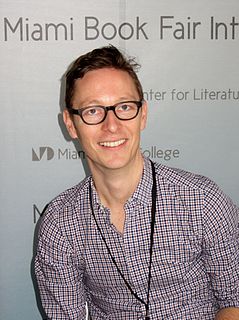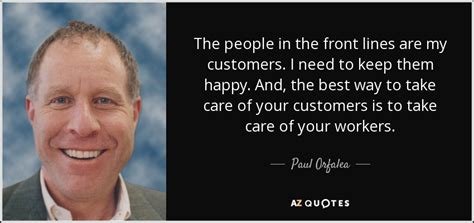A Quote by Robert Morgan
I have taught students from the New York City area so long I have a special affinity and rapport with them. It surprises me sometimes that there are students from anywhere else.
Related Quotes
I live in New York City. I could never live anywhere else. The events of September 11 forced me to confront the fact that no matter what, I live here and always will. One of my favorite things about New York is that you can pick up the phone and order anything and someone will deliver it to you. Once I lived for a year in another city, and almost every waking hour of my life was spent going to stores, buying things, loading them into the car, bringing them home, unloading them, and carrying them into the house. How anyone gets anything done in these places is a mystery to me.
I was born 50 years after slavery, in 1913. I was allowed to read. My mother, who was a teacher, taught me when I was a very young child. The first school I attended was a small building that went from first to sixth grade. There was one teacher for all of the students. There could be anywhere from 50 to 60 students of all different ages.
When I was teaching at an institution that bent over backward for foreign students, I was asked in class one day: "What is your policy toward foreign students?" My reply was: "To me, all students are the same. I treat them all the same and hold them all to the same standards." The next semester there was an organized boycott of my classes by foreign students. When people get used to preferential treatment, equal treatment seems like discrimination.
I spend quite a bit of time thinking about my students. I look at them, at their work, I listen to what they tell me, and try to figure out who they might become in the best of all possible worlds. This is not easy. Students try to give you clues; sometimes they look at you as if imploring you to understand something about them that they don't yet have the means to articulate. How can one succeed at this? And how can one do it 20 times over for all the students in a class? It's impossible, of course. I know this, but I try anyway. It's tiring.
I love New York. It's given me so much as a designer. When I moved here, I wanted to tap into the glamour of the city immediately. More than anywhere else, New York offers itself up - you arrive and get a rush in a flash. It's dazzling. Everywhere you look, there is decoration, from a pair of jewel-encrusted shoes in the window in Bergdorf Goodman to the Chrysler Building. And New York is incredibly democratic. Everyone is packed into this tiny space. You are confronted with all manner of people, and I love that.
Public education for some time has been heavily focused on what curricula we believe will be helpful to students. Life-Enriching Education is based on the premise that the relationship between teachers and students, the relationships of students with one another, and the relationships of students to what they are learning are equally important in preparing students for the future.
There are roughly three New Yorks. There is, first, the New York of the man or woman who was born here, who takes the city for granted and accepts its size and its turbulence as natural and inevitable. Second, there is the New York of the commuter — the city that is devoured by locusts each day and spat out each night. Third, there is the New York of the person who was born somewhere else and came to New York in quest of something.







































